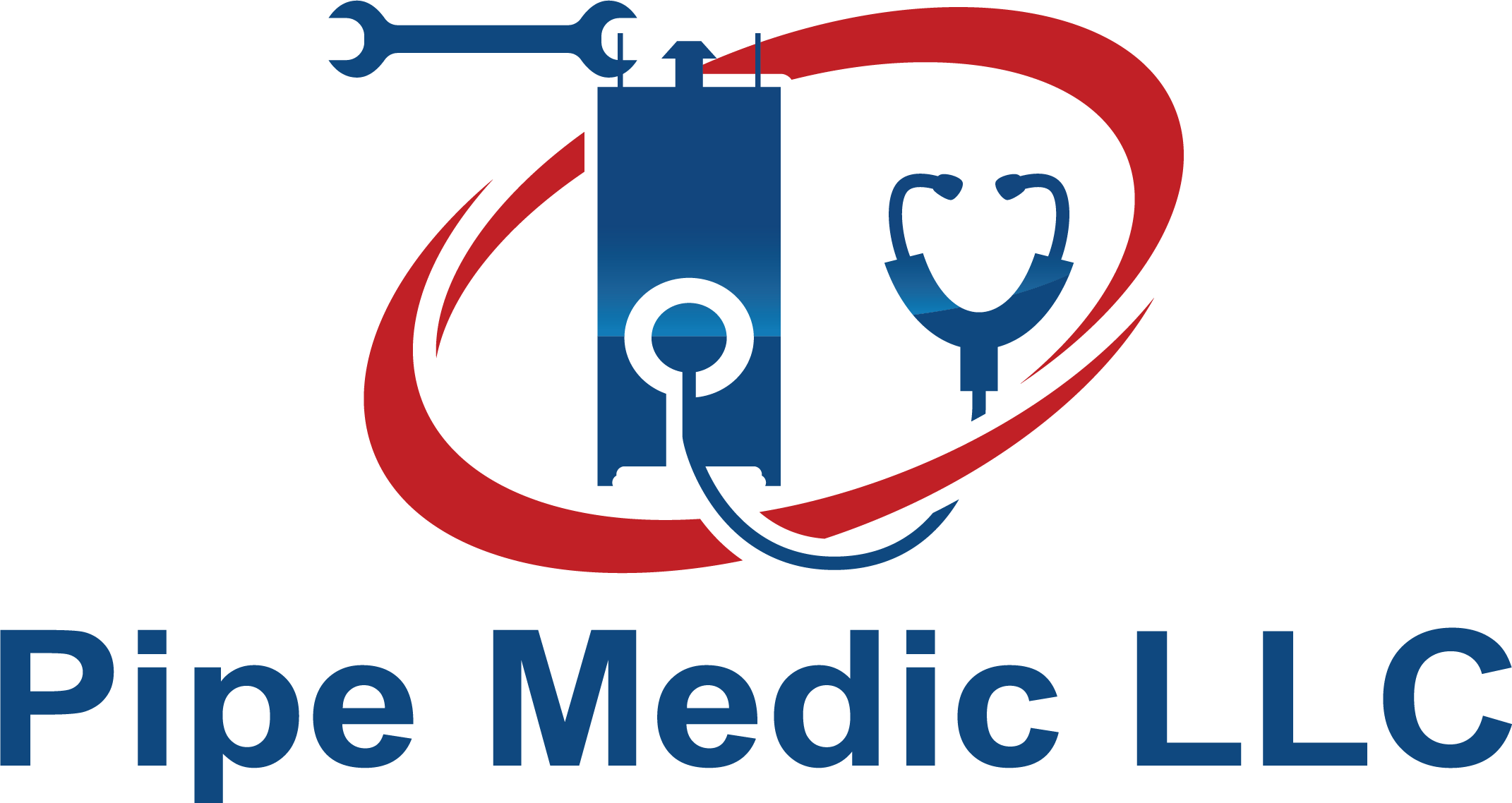If you want to keep your water heater in tip-top shape, you'll need the right tools. In this article, we'll show you the essential tools you need for effective water heater maintenance.
From safety equipment to testing instruments and cleaning supplies, we've got you covered. Don't worry, you won't need a whole toolbox – just a few key tools to keep your water heater running smoothly.
So let's dive in and discover the must-have tools for maintaining your water heater.
Safety Equipment
To ensure your safety while performing water heater maintenance, you'll need proper safety equipment.
First and foremost, you must have a pair of heavy-duty gloves to protect your hands from burns and cuts. These gloves should be made of heat-resistant material, such as leather or Kevlar, to provide maximum protection.
Additionally, you'll need safety goggles to shield your eyes from any potential debris or chemical splashes.
It's crucial to wear a dust mask or respirator to avoid inhaling harmful fumes or particles that may be released during maintenance tasks.
Lastly, don't forget to wear sturdy, non-slip footwear to prevent any accidents or falls in wet or slippery areas.
Drainage Tools
Ensure efficient water heater maintenance by utilizing the appropriate drainage tools.
When it comes to maintaining your water heater, proper drainage is crucial. One essential tool you'll need is a bucket or a drain pan. This will help catch any water that may spill during the draining process.
Additionally, a garden hose is necessary to connect to the drain valve on the water heater. Make sure to choose a hose that's long enough to reach a suitable drainage area.
A pipe wrench is another essential tool that will allow you to easily open and close the drain valve.
Finally, don't forget to have a towel or some rags handy to clean up any spills or drips.
With these drainage tools, you can effectively maintain your water heater and prevent any potential issues.
Testing Instruments
Regularly testing your water heater using appropriate instruments is essential for effective maintenance. One of the most important testing instruments is a multimeter. This tool allows you to measure voltage, resistance, and continuity, providing valuable information about the electrical components of your water heater. By testing the heating element with a multimeter, you can determine if it's functioning properly or needs to be replaced.
Another useful instrument is a pressure gauge. This tool helps you monitor the pressure inside your water heater tank. If the pressure is too high, it can lead to leaks and other issues. By regularly testing the pressure, you can identify any potential problems and take appropriate action.
Lastly, a thermometer is a simple yet crucial instrument for testing the temperature of your water. This allows you to ensure that the water heater is providing hot water at the desired temperature.
Cleaning Supplies
You will need a few essential cleaning supplies to keep your water heater in optimal condition.
First, you should have a sponge or soft cloth to wipe down the exterior of the water heater. This will remove any dirt or dust that may have accumulated over time.
Additionally, a bottle of white vinegar is a must-have for cleaning the inside of the tank. Vinegar is effective in removing mineral deposits and sediment that can build up and affect the performance of the water heater.
Finally, a long brush or pipe cleaner is necessary to clean the drain valve and other hard-to-reach areas.
Repair Tools
To effectively maintain your water heater, it's important to have a set of repair tools readily available. These tools will come in handy when you encounter common issues such as leaks, faulty valves, or malfunctioning heating elements.
One essential tool to have is a pipe wrench, which allows you to tighten or remove pipes easily. A multimeter is also indispensable for checking electrical connections and diagnosing problems with the thermostat or heating elements.
Additionally, a Teflon tape is useful for sealing pipe connections and preventing leaks. A screwdriver set with various sizes and types will be necessary for removing panels and accessing internal components. Lastly, a bucket or a wet/dry vacuum can help you handle any water spills during the repair process.
Conclusion
In conclusion, by having the essential tools for water heater maintenance, you can ensure its proper functioning and longevity.
Safety equipment, drainage tools, testing instruments, cleaning supplies, and repair tools are all necessary for effective maintenance.
Regular maintenance won't only prevent potential issues but also save you from costly repairs in the long run.
So, invest in these tools and keep your water heater in top shape for years to come.

